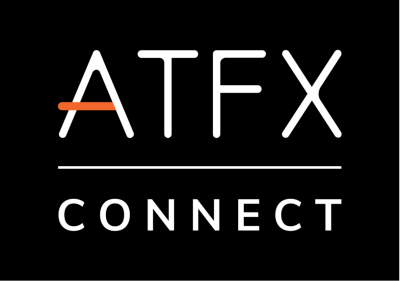FX Regulation
FX Regulation: Discover the 3 vital steps you need to take to successfully achieve FX regulatory compliance
FX regulations significantly impact the stock markets, business markets and most recently, the foreign exchange (FX) market. Dodd-Frank FX, miFID, EMIR and the Tobin Tax all impact market participants in the world of FX trading. These new rules have changed the way people conduct trades in the FX market and the reasons they decide to enter into trades. Here are the three vital steps you need to successfully implement these regulations.
1. Maintain Detailed Records of Derivatives Under Dodd-Frank
The Dodd-Frank legislation restricts the ability of the market structure to put forth estimated assessments on derivatives. Traders often depend on these estimates in conducting trades, but trade entities now must be careful in the estimated assessments that they put forth in publications, blogs, websites and other media outlets. The reporting requirements under this FX regulation also requires that swap dealers and major swap participants must be registered. Records must be maintained by companies that clearly show the value of FX derivatives and their prices.
2. Regulate Market Participants Taking Large Positions
Under MiFID, governmental regulators have the power to end trades with unusually large positions. The regulators at the European Securities and Market Authority have the power to end practices in an FX firm that it deems to be threatening to the security of the market. Because of this, FX trading firms should have a proactive approach and keep a close watch on traders with large positions. Some firms may want to restrict the number of transactions that can occur in a day to avoid the interference from regulators of the ESMA.
3. End Relationships with Third Parties
Prior to the new FX regulation put forth in the MiFID, investment advisors were able to accept payments from third parties. Now, the regulations strictly prohibit the acceptance of gifts or payments from third parties. FX electronic trading firms should take caution and end any relationships it has with third parties. The intent of this legislation is to avoid conflicts of interest that could harm the interests of the general traders in the market.
Other new regulations to be aware of are the Tobin Tax and EMIR. Under the Tobin Tax legislation, a tax is charged on each transaction entered into at an FX trading firm. Firms should be aware of this development, because it may impact the number of traders that use one's firm. In other countries like Sweden, the implementation of this tax caused traders to seek other firms in other countries for carrying out FX trades. The EMIR maintains that OTC derivative contracts must be traded on electronic platforms.
Understanding the most recent regulations under Dodd-Frank and other pieces of legislation is vital for any FX company. If a company fails to adapt to the new regulations, it may find that it receives a notice from governmental authorities. Even worse, it may ultimately shut down or be charged with hefty fines from the government. The sooner companies adapt to these new changes, the sooner they can rest at ease in knowing they are not violating any regulations.
About TradeTech FX:
TradeTech FX will specifically focus on electronic trading and the execution of FX spot, futures & options. The two first main conference days will include big picture plenary panels and keynote presentations The afternoons will be divided into 2 streams on trading platforms & trading technology and market structure & regulation.
The conference is expecting over 250 senior professionals to attend including 100 senior buy side professionals including Heads of Trading, Heads of FX, Currency Managers, Portfolio Managers and Heads of Execution. The other delegates will be represented by global brokers and IDBs, specialist FX brokers, trading platforms, execution venues, connectivity, low latency, data management and CEP solution providers.




























